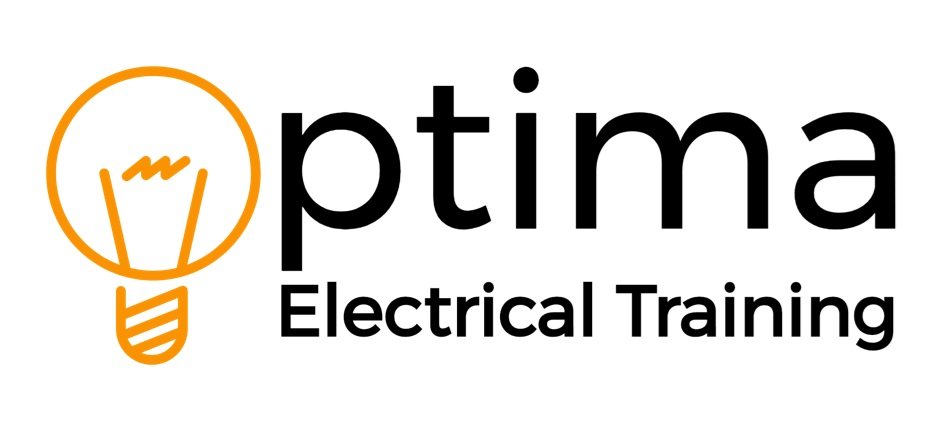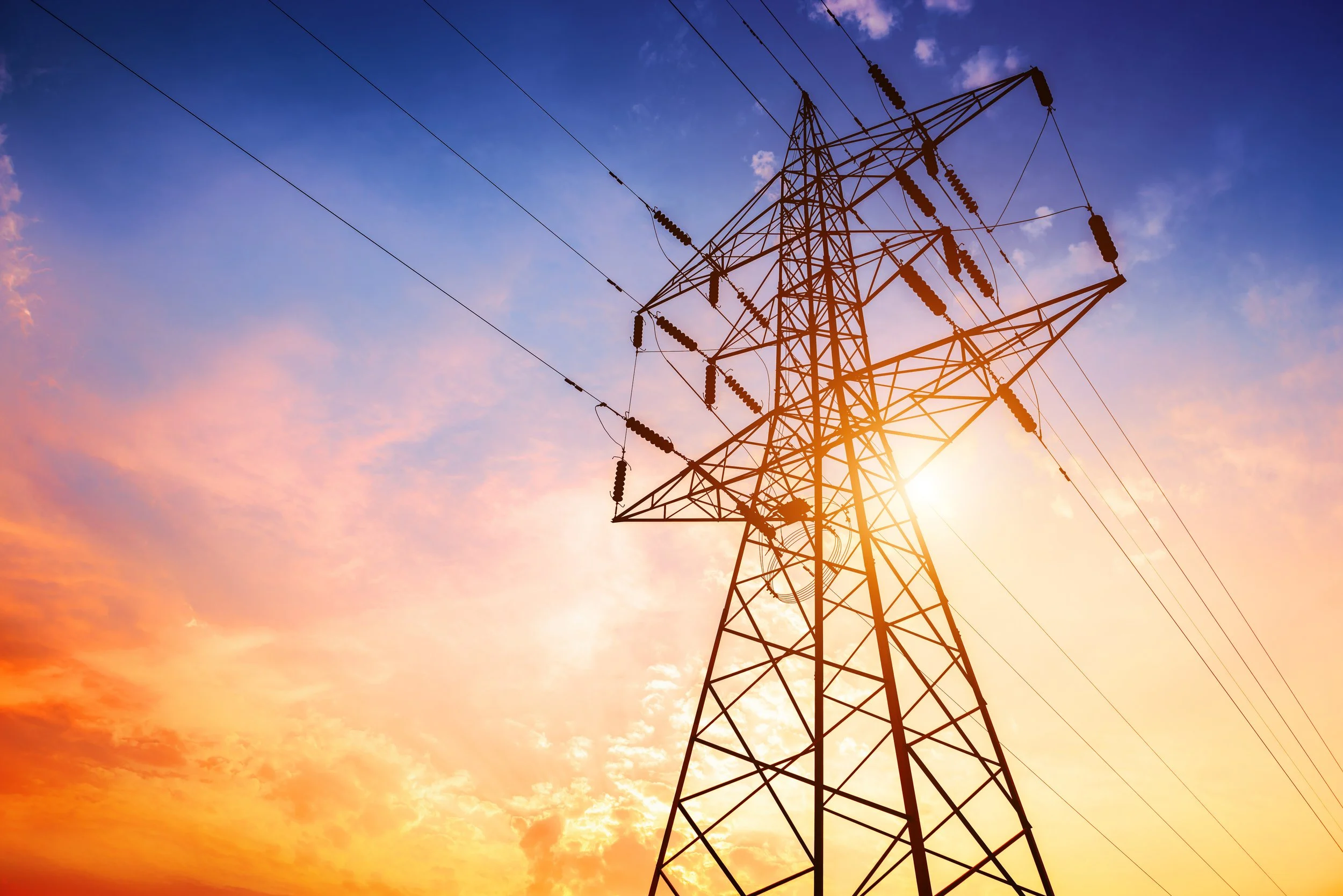UK Power Networks Maps the Future of Industrial Energy Demand
Switching on a light, charging a phone or turning up the heating might feel like small, everyday actions — but behind the scenes, these choices ripple across a complex web of factories, warehouses and supply chains that keep the country running. The scale and impact of that industrial energy use has often been overlooked. Now, a new project aims to change that.
UK Power Networks, working in partnership with SGN, NESO and Guidehouse, has launched Indus 2.0 — a groundbreaking research initiative designed to shed light on how industry really consumes energy and what this means for the UK’s Net Zero journey.
At its heart, Indus 2.0 is about connection and collaboration. For the first time, electricity and gas networks will securely share data through a joint digital platform, giving operators and policymakers a single, clearer picture of industrial demand. By combining knowledge, the project promises to reduce uncertainty, support better forecasting and enable faster, smarter decisions on energy infrastructure investment.
Tackling forecasting challenges
Predicting industrial energy use is notoriously complex. Many businesses struggle to anticipate how electrification, renewable adoption or on-site storage will affect their future demand. Indus 2.0 seeks to address these gaps by developing legal agreements, shared infrastructure and advanced forecasting tools. These models will reflect the diverse ways sectors are likely to decarbonise — from large-scale electrification to localised self-generation.
Scaling up from clusters to dispersed sites
The project builds on the success of the original Indus programme, which examined energy use within industrial clusters. Indus 2.0 widens the scope to include smaller and more geographically dispersed sites, ensuring a more comprehensive picture of industrial activity across the UK. Through direct engagement with businesses and industry stakeholders, it will chart realistic pathways to decarbonisation and provide energy networks with the data they need to plan with confidence.
Voices from the project
Luca Grella, Head of Innovation at UK Power Networks, said:
“Reaching Net Zero depends on collaboration and transparency. Indus 2.0 is pioneering that approach by connecting energy networks and sharing the data needed to forecast with confidence. By doing so, we can cut uncertainty and build a smarter, more flexible energy system that works for both businesses and consumers.”
Simon Joyce, Head of Innovation Futures at SGN, added:
“This initiative is a catalyst for whole-system innovation. Secure data sharing across gas and electricity networks opens the door to new insights, stronger forecasting and smarter choices about how industry decarbonises. By embedding collaboration and innovation at its core, Indus 2.0 is laying the groundwork for the resilient, low-carbon energy system the UK needs.”
A shared view of the future
Ultimately, Indus 2.0 is more than a data-sharing project, it’s about turning an often-invisible part of the energy system into something tangible and measurable. By bridging knowledge gaps and creating a shared view of industrial demand, the initiative aims to give industry, regulators and policymakers the insight needed to plan and deliver a credible pathway to Net Zero.
Thinking of Becoming a Qualified Electrician?
If you're interested in learning a skilled trade, why not train to become a certified professional?
At Optima, we provide comprehensive electrical training courses that equip you with the skills, qualifications, and confidence to work safely and legally in this vital industry.
Whether you’re just starting out or looking to expand your qualifications, our accredited training programmes will give you the knowledge, confidence, and credentials to meet new building standards and market demand.
✅ Hands-on training
✅ Industry-recognised certifications
✅ Expert instructors with real-world experience
✅ Courses tailored to upcoming regulations
Contact us today to embark on your training journey.
Contact us: Request Information
Email: info@optima-ect.com
Freephone +44 800 0371572


